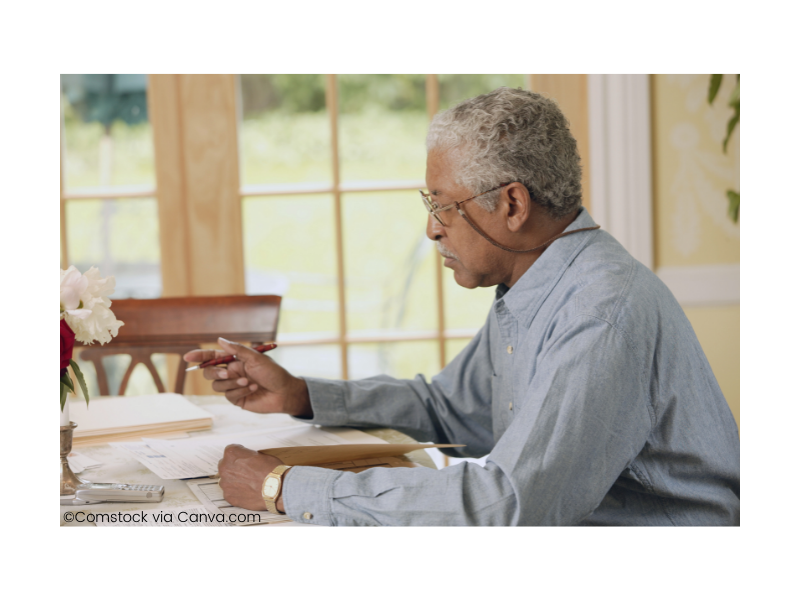Joint bank accounts between spouses are becoming less common. Only one in eight married couples share their funds in a joint account according to The Sun Newspaper in 2019.
However, as the population ages, adult children often have joint bank accounts with their elderly parents. This can have the benefit of making life simpler whilst a parent is alive. But might cause issues after they’ve passed away.
What happens to the funds in a joint bank account?
If you were married or in a civil partnership:
If there is a surviving partner or spouse, then the account will be transferred into the survivor’s name upon presentation of a valid death certificate. The law assumes that because the couple had a legal relationship, all the money in the account belonged to both spouses. In this case, there is unlikely to be any Inheritance Tax to pay.
If you were not married or in a civil partnership:
If you were not married or in a civil partnership with the other bank account holder, then the content of the bank account will still pass over to you. However, there may be inheritance tax to deal with.
HMRC’s inheritance tax forms ask about joining accounts, particularly accounts with unmarried couples, parents and children. HMRC will decide ownership of the funds according to the proportion of the monies that each account holder put into the account. For instance, if a parent made a child the joint account holder but the child didn’t contribute any funds, then HMRC are likely to treat the whole account as qualifying for inheritance tax.
If the account holds more than £5,000 then HMRC will expect these funds to be reported on their Inheritance Tax Forms so that they can be assessed for tax.
What about savings bank accounts or jointly held investments?
The same rules for cash bank accounts apply to savings or investments. If the accounts are in joint spouse or civil partnership names, then the Rule of Survivorship applies (no inheritance tax and no need for grant of probate). The account will transfer to the surviving spouse/partner after a valid death certificate has been received by the bank/investment institution.
However, if the account was joint with another party (a child, family member or friend) then the value of the investments may be included in Grant of Probate and Inheritance Tax calculations.
At Settld, we specialise in simplifying the process of end-of-life administration. Our service is free to members of the public and is designed to make it easy for you to notify companies when a loved one has died, and request closure, transfer or amendment of their accounts. All you have to do is fill in a simple online form. If you’d like to know more about Settld and how we can help, visit our website www.settld.care or you can email support@settld.care or call us on 0333 111 1111 (9am-5pm, Monday to Friday)
Further reading





